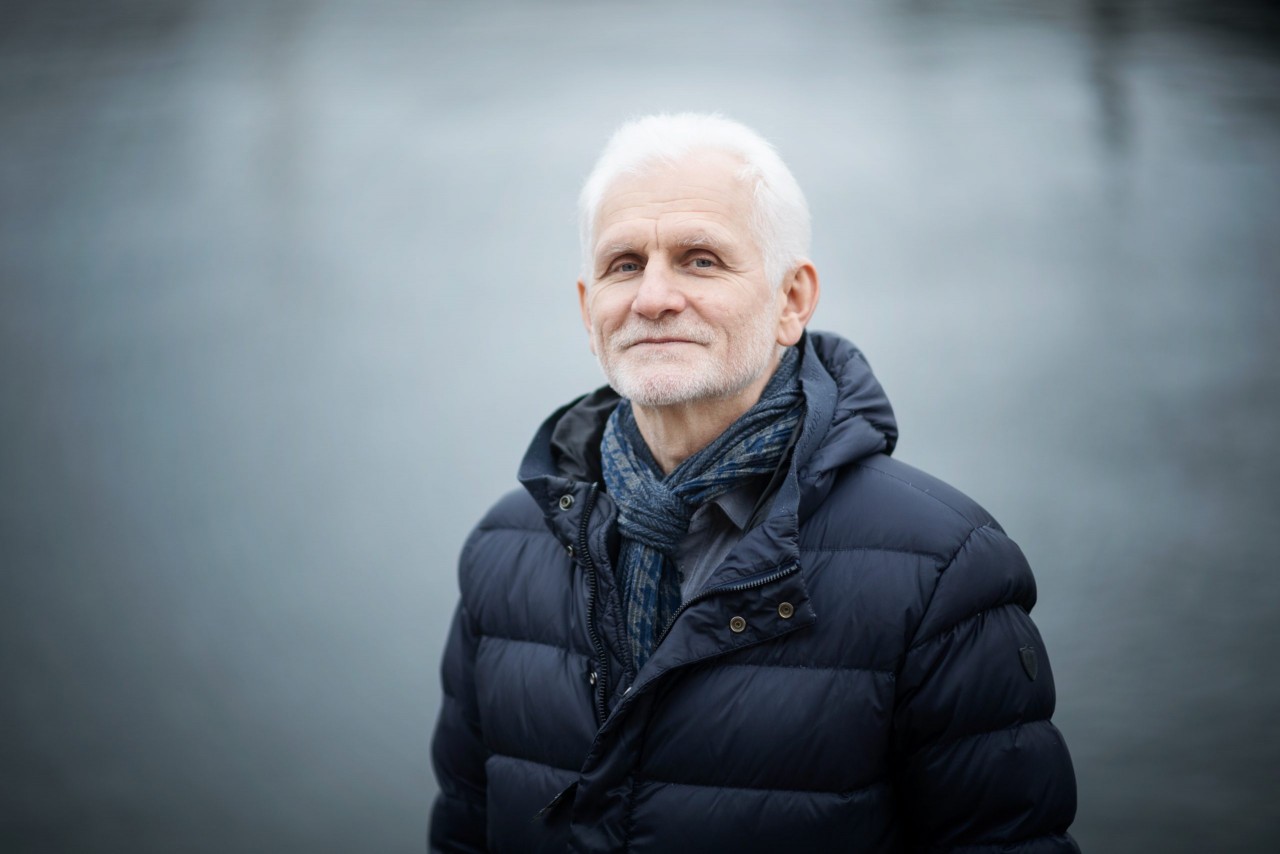Who Is Alain Aspect – The Nobel Winner Of Quantum Entanglement?
Quantum entanglement is the theory - famously dismissed by Albert Einstein - that when a particle is split into two, the properties of the two new particles remain connected, as if by an invisible piece of string, regardless of how far apart they are.
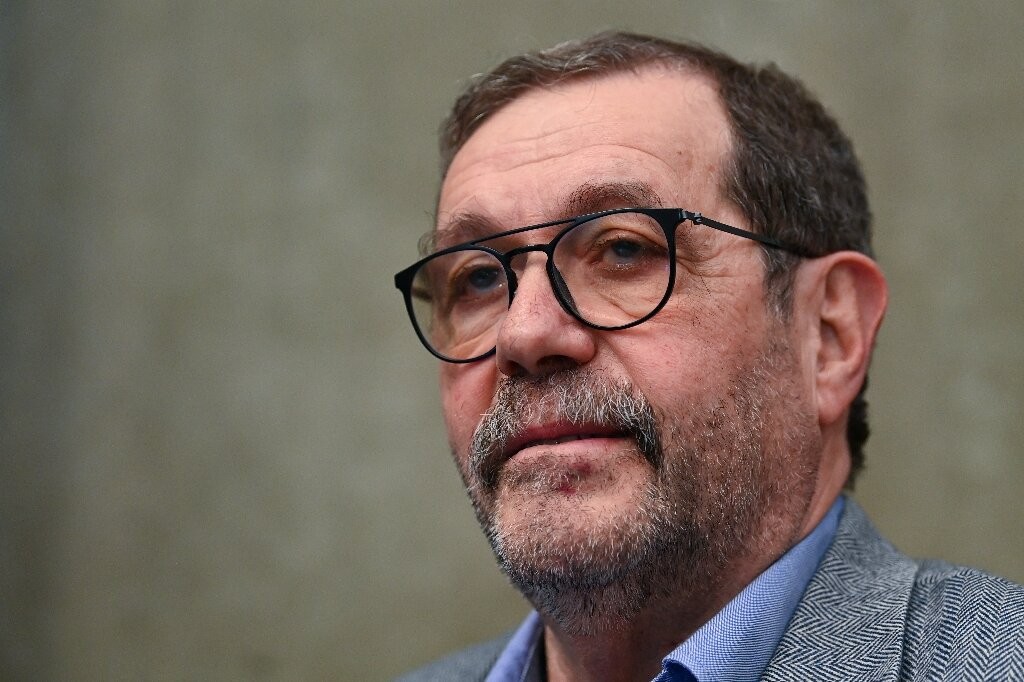 |
| Photo: Getty Images |
It remained a theory until Aspect and his team proved the phenomenon in a laboratory experiment for the first time in 1981, entangling two photons—units of light—at a distance of 12 meters (40 feet). The experiment helped pave the way for what Aspect has called the "second quantum revolution", which has led to a range of new technologies including quantum computing, encryption and more. "Quantum strangeness has dominated my whole life as a physicist," Aspect told AFP in a 2010 interview.
His experiment finally settled a debate from more than 60 years earlier between Einstein and one of the fathers of quantum physics, Denmark's Niels Bohr.
Bohr believed in quantum entanglement but Einstein—whose work helped predict the phenomenon—famously argued against it, calling it "spooky action at a distance". "Bohr wins from a certain point of view," Aspect said in an interview published by the Nobel Foundation after his win on Tuesday. "But Einstein wins because he spotted something extraordinary," he added.
Aspect said he was proud to be on the same list of Nobel winners who have "totally changed physics".
Awarded along with Austrian physicist Anton Zeilinger and John Clauser from the United States, Aspect emphasized the importance of international scientific collaboration "at a time when the world is not so nice, and where nationalism is taking over in many countries".
Alain Aspect’s biography
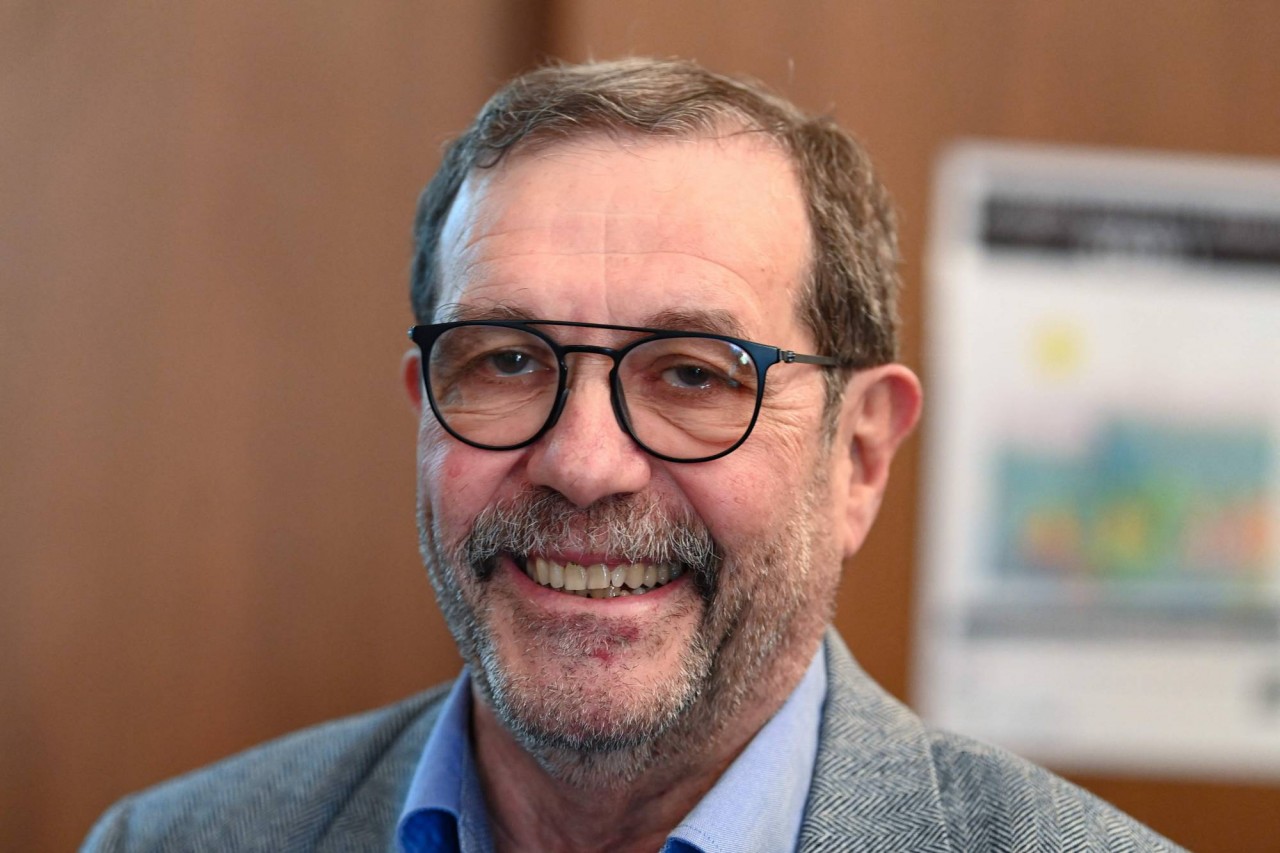 |
| French physicist Alain Aspect was among three winners of the Nobel prize in physics on Tuesday for his groundbreaking work on quantum entanglement. | AFP-JIJI |
Alain Aspect (born 15 June 1947) is a French physicist noted for his experimental work on quantum entanglement.
Aspect was awarded the 2022 Nobel Prize in Physics, jointly with John Clauser and Anton Zeilinger, "for experiments with entangled photons, establishing the violation of Bell inequalities and pioneering quantum information science".
Early life and education
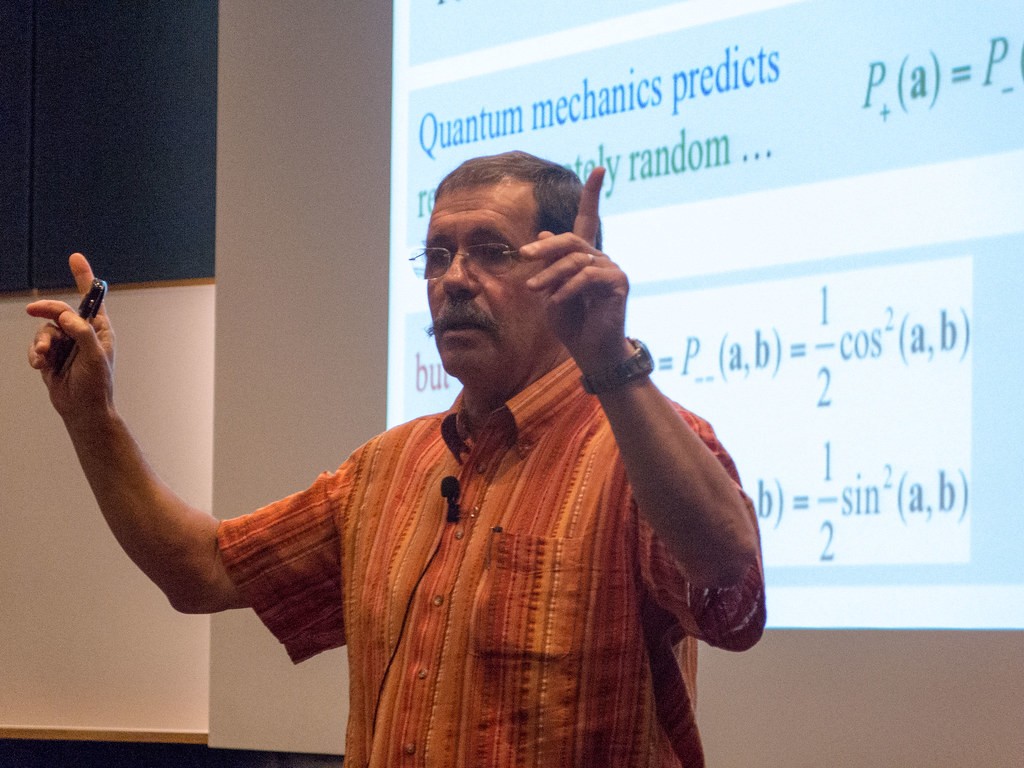 |
| Photo: Flickr |
Aspect is a graduate of the École Normale Supérieure de Cachan (ENS Cachan, today part of Paris-Saclay University). He passed the agrégation in physics in 1969 and received his master's degree from the École supérieure d'optique (later known as Institut d'Optique Graduate School) of Université d'Orsay (later known as Université Paris-Sud). He then did his national service, teaching for three years in Cameroon.
In the early 1980s, while working on his PhD (doctorat d'État) thesis, he performed the Bell test experiments that showed that Albert Einstein, Boris Podolsky and Nathan Rosen's putative reductio ad absurdum of quantum mechanics, namely that it implied 'ghostly action at a distance', did in fact appear to be realized when two particles were separated by an arbitrarily large distance (see EPR paradox and Aspect's experiment).
A correlation between the particles' wave functions remains, as long as they were once part of the same undisturbed wave function before one of the child particles was measured. He obtained his doctorate in 1983 from Université Paris-Sud (today part of Paris-Saclay University).
Aspect also received an honorary doctorate from Heriot-Watt University in 2008.
Career
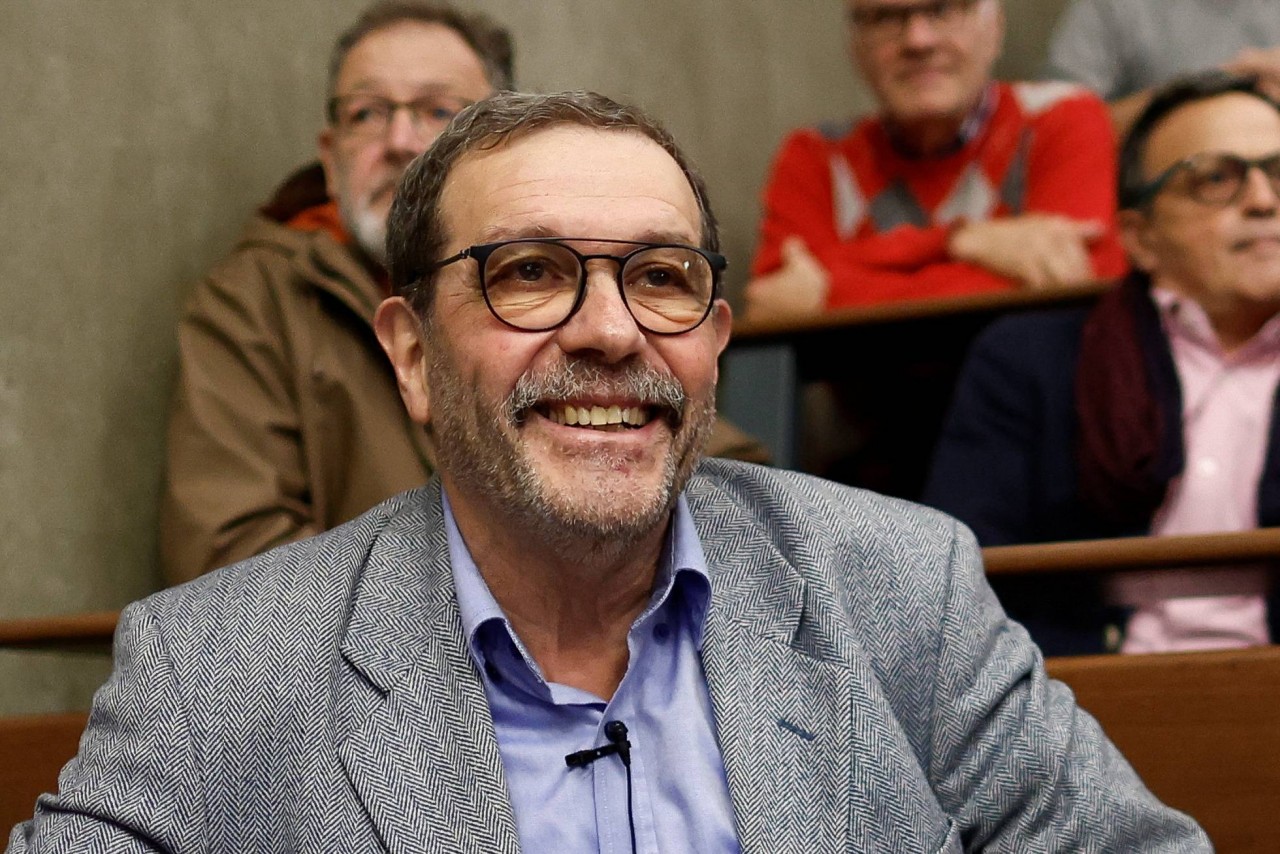 |
| Photo: Reuters |
If quantum theory is correct, the determination of an axis direction for the polarization measurement of one photon, forcing the wave function to 'collapse' onto that axis, will influence the measurement of its twin. This influence occurs despite any experimenters not knowing which axes have been chosen by their distant colleagues, and at distances that disallow any communication between the two photons, even at the speed of light. Aspect's experiments, following the first experiment of Stuart Freedman and John Clauser in 1972, were considered to provide further support to the thesis that Bell's inequalities are violated in its CHSH version, in particular by closing a form of the locality loophole.
However, his results were not completely conclusive, since there were so-called loopholes that allowed for alternative explanations that comply with local realism. See local hidden variable theory. Stated more simply, the experiment provides strong evidence that a quantum event at one location can affect an event at another location without any obvious mechanism for communication between the two locations.
This has been called "spooky action at a distance" by Einstein (who doubted the physical reality of this effect). However, these experiments do not allow faster-than-light communication, as the events themselves appear to be inherently random. Aspect was deputy director of the French "grande école" SupOptique until 1994.
In 2005 he was awarded the gold medal of the Centre national de la recherche scientifique, where he is currently Director. The 2010 Wolf Prize in physics was awarded to Aspect, Anton Zeilinger and John Clauser.
Aspect was elected a Foreign Member of the Royal Society (ForMemRS) in 2015. His certificate of election reads.
Honors and awards
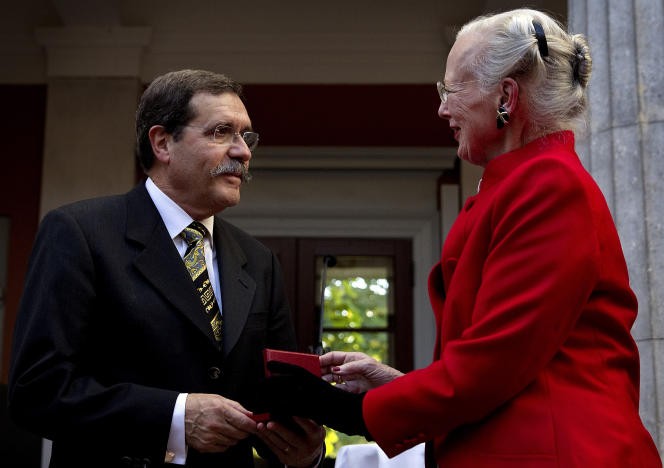 |
| Photo: AP |
Honors
2014: Officier of the Legion of Honour (France)
2011: Medal of the City of Paris
Awards
2022: Nobel Prize in Physics (with John Clauser and Anton Zeilinger)
2013: Balzan Prize
2013: UNESCO Niels Bohr Medal
2013: Frederic Ives Medal / Quinn Prize - Awards
2012: Albert Einstein Medal
2010: Wolf Prize
2005: CNRS Gold Medal
1999: Gay-Lussac Humboldt Prize
1991: Fernand Holweck Medal and Prize
1987: International Commission for Optics Award
1985: Commonwealth Award for Science and Invention
1983: Prix Servant
Acknowledgment
Member of the Academia Europaea
Member of the French Academy of Sciences
Member of the Royal Academy of Science, Letters and Fine Arts of Belgium
Member of the National Academy of Sciences
Member of the Austrian Academy of Sciences
Member of the Optica (society)
Associate Member of the Royal Society
Honorary degrees
2006: Université de Montréal
2008: Australian National University
2008: Heriot-Watt University
2010: University of Glasgow
2011: University of Haifa
 | Who is Teresa Mai, First Vietnamese American Singer Wins Grammy Award Vietnamese-American singer Sangeeta Kaur (Teresa Mai) won the Best Classical Solo Vocal Album at the 2022 Grammy Awards. |
 | Who is Vietnamese-American Author Wins the 2022 Best Book Award The recent translation of On Earth We’re Briefly Gorgeous, further cemented Ocean Vuong's connection with his home country. |
 | Who Is Svante Paabo - Swedish Geneticist Wins Nobel Medicine Prize For Decoding Ancient DNA? The Nobel Committee in Stockholm (Sweden) has announced the 2022 Nobel Prize in Biomedical Sciences to scientist Svante Paabo, for the discovery of genes and ... |
Recommended
 World
World
Thailand Positions Itself As a Global Wellness Destination
 World
World
Indonesia Accelerates Procedures to Join OECD
 World
World
South Korea elects Lee Jae-myung president
 World
World
22nd Shangri-La Dialogue: Japan, Philippines boost defence cooperation
 World
World
Pakistan NCRC report explores emerging child rights issues
 World
World
"India has right to defend herself against terror," says German Foreign Minister, endorses Op Sindoor
 World
World
‘We stand with India’: Japan, UAE back New Delhi over its global outreach against terror
 World
World

